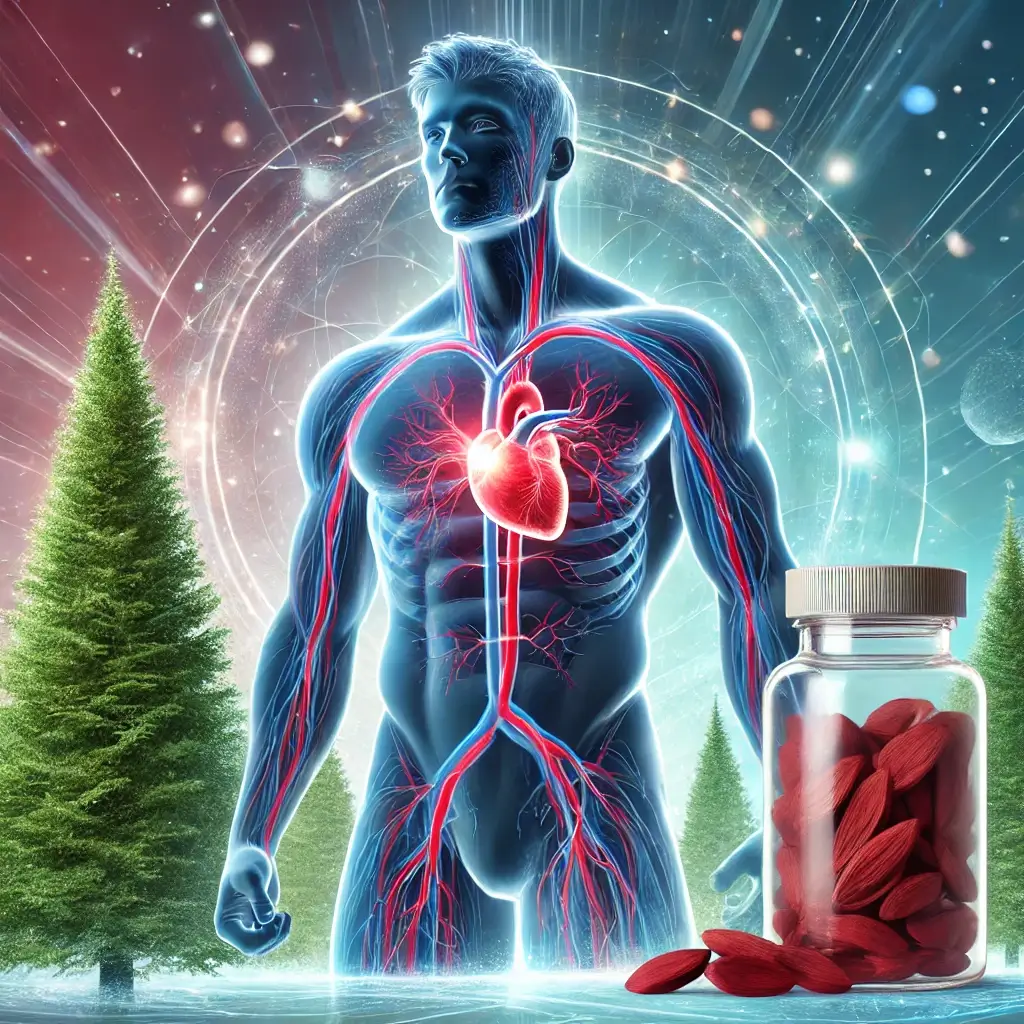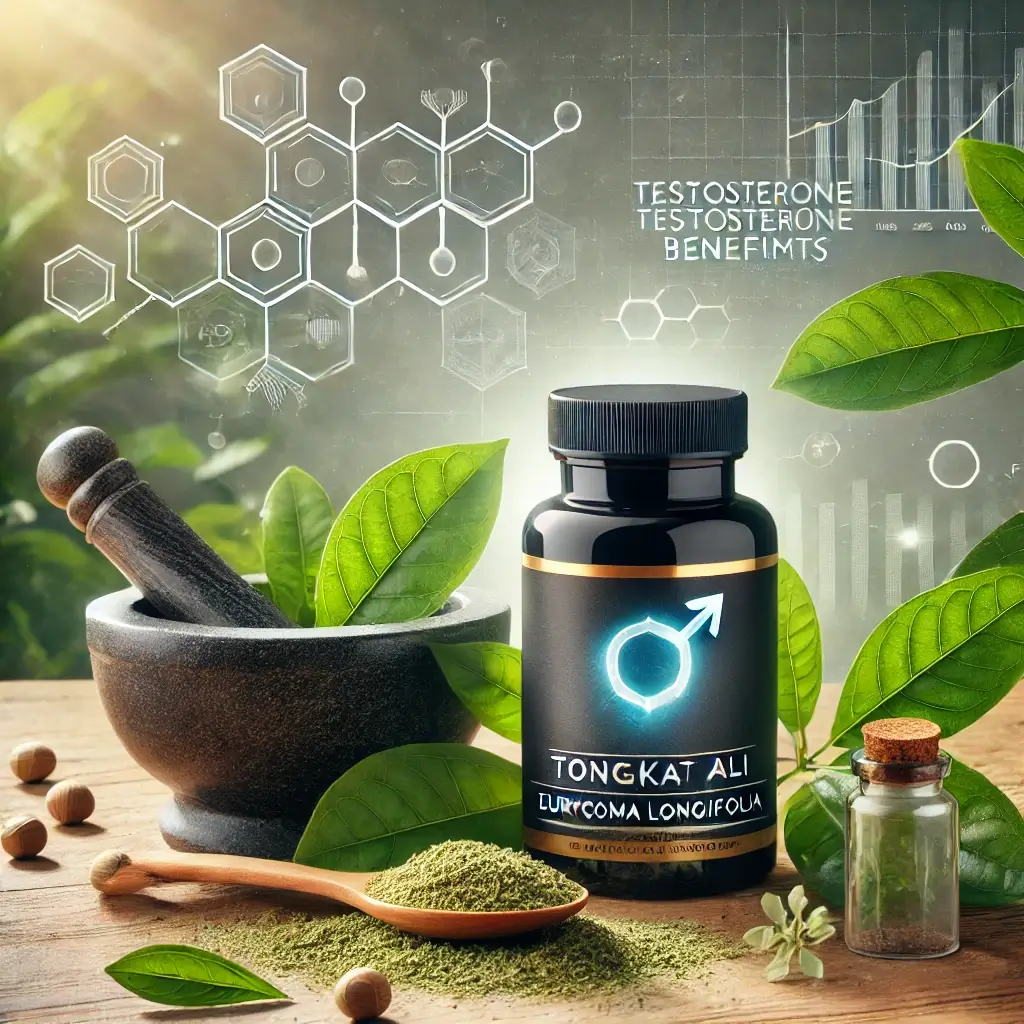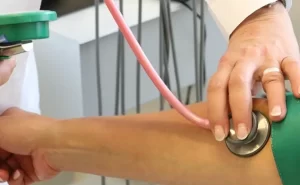Balancing Testosterone and Erectile Dysfunction
The relationship between testosterone and erectile dysfunction (ED) is complex and multifaceted. Here’s a breakdown of what we know:
Testosterone and Erection:
Testosterone plays a role in erectile function by influencing various processes, including:
Nitric oxide production: Testosterone helps dilate blood vessels, and nitric oxide is a critical molecule in this process.
Sexual desire and arousal: Low testosterone can decrease libido and make it harder to get aroused.
Mood and energy: Low testosterone can lead to fatigue and depression, which can indirectly impact sexual function.
Testosterone and ED:
Low testosterone can cause ED: While not the sole cause, men with hypogonadism (low testosterone) often experience ED. Studies show that testosterone replacement therapy (TRT) can improve erectile function in some men with hypogonadism.
Not all ED is caused by low testosterone: Many other factors can contribute to ED, such as vascular problems, neurological issues, psychological factors, and medications.
Normal testosterone doesn’t guarantee good ED: While testosterone is known to play a crucial role in male sexual health, recent research indicates that it’s not the only factor that determines erectile function.
In fact, some men with normal testosterone levels still experience erectile dysfunction (ED).
In fact, some men with normal testosterone levels still experience erectile dysfunction (ED) due to a range of other physiological, psychological, and lifestyle factors.
For instance, medical conditions such as diabetes, hypertension, heart disease, and obesity can all contribute to ED by affecting blood flow to the penis or impairing nerve function.
Similarly, certain medications, including antidepressants, antihistamines, and blood pressure drugs, can interfere with sexual arousal and performance.
In addition to these physical factors, mental health issues such as anxiety, depression, and stress can also lead to ED by causing psychological barriers to sexual arousal and enjoyment.
Relationship problems, lack of intimacy, and performance anxiety can also exacerbate the issue.
Furthermore, lifestyle choices such as smoking, excessive alcohol consumption, and drug use can all contribute to ED by damaging blood vessels, reducing testosterone levels, and interfering with nerve function.
As such, it’s important for men experiencing ED to seek medical advice and address any underlying health issues.
Lack of exercise and poor dietary habits can also contribute to ED by increasing the risk of obesity, diabetes, and cardiovascular disease.
Overall, while testosterone is certainly an important factor in male sexual health, it’s clear that there are many other factors that can influence erectile function.
As such, it’s important for men experiencing ED to seek medical advice and address any underlying health issues, as well as consider making lifestyle changes that can improve their overall health and wellbeing.
Important Points:
Diagnosing the cause of ED is crucial: Before assuming low testosterone is the cause, a thorough medical evaluation is necessary to identify and address any underlying causes.
TRT isn’t a magic bullet: While TRT can be effective in some cases, it has potential side effects and isn’t suitable for everyone. Discussing potential risks and benefits with a doctor before considering TRT is crucial.
Lifestyle changes can help: Regardless of testosterone levels, maintaining a healthy lifestyle with good sleep, stress management, and regular exercise can improve overall health and sexual function.
Resources for Further Information:
American Urological Association: https://www.auanet.org/
Mayo Clinic: https://www.mayoclinic.org/diseases-conditions/erectile-dysfunction/symptoms-causes/syc-20355776
National Institute on Aging: https://www.nejm.org/doi/full/10.1056/nejme1006197
Remember, it’s crucial to consult a healthcare professional for personalized advice and treatment concerning ED and testosterone levels. They can guide you through appropriate tests, diagnosis, and potential treatment options, ensuring the best approach for your unique situation.













